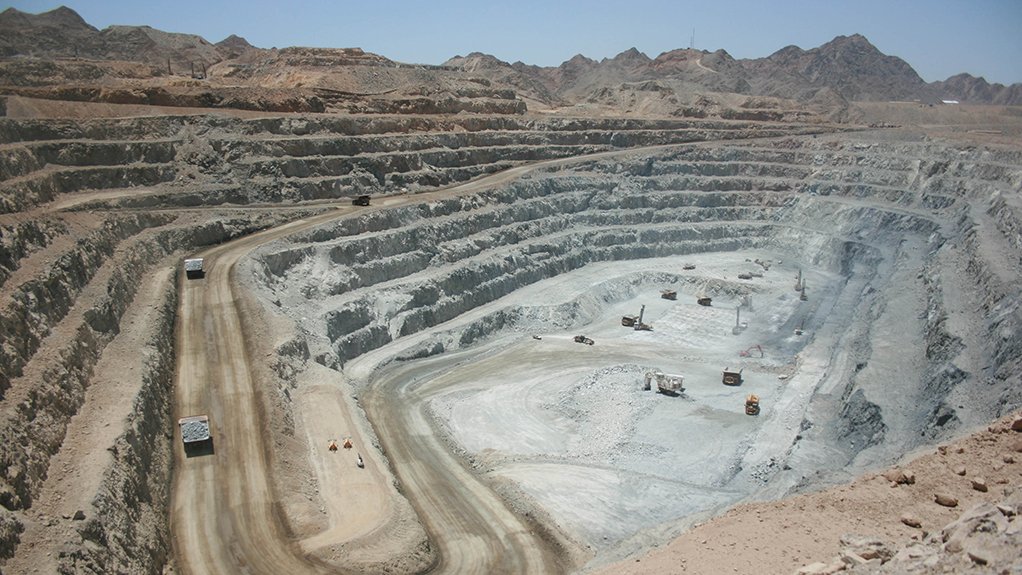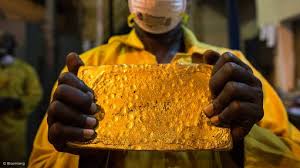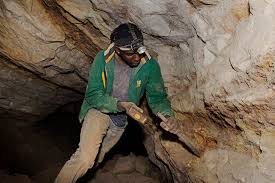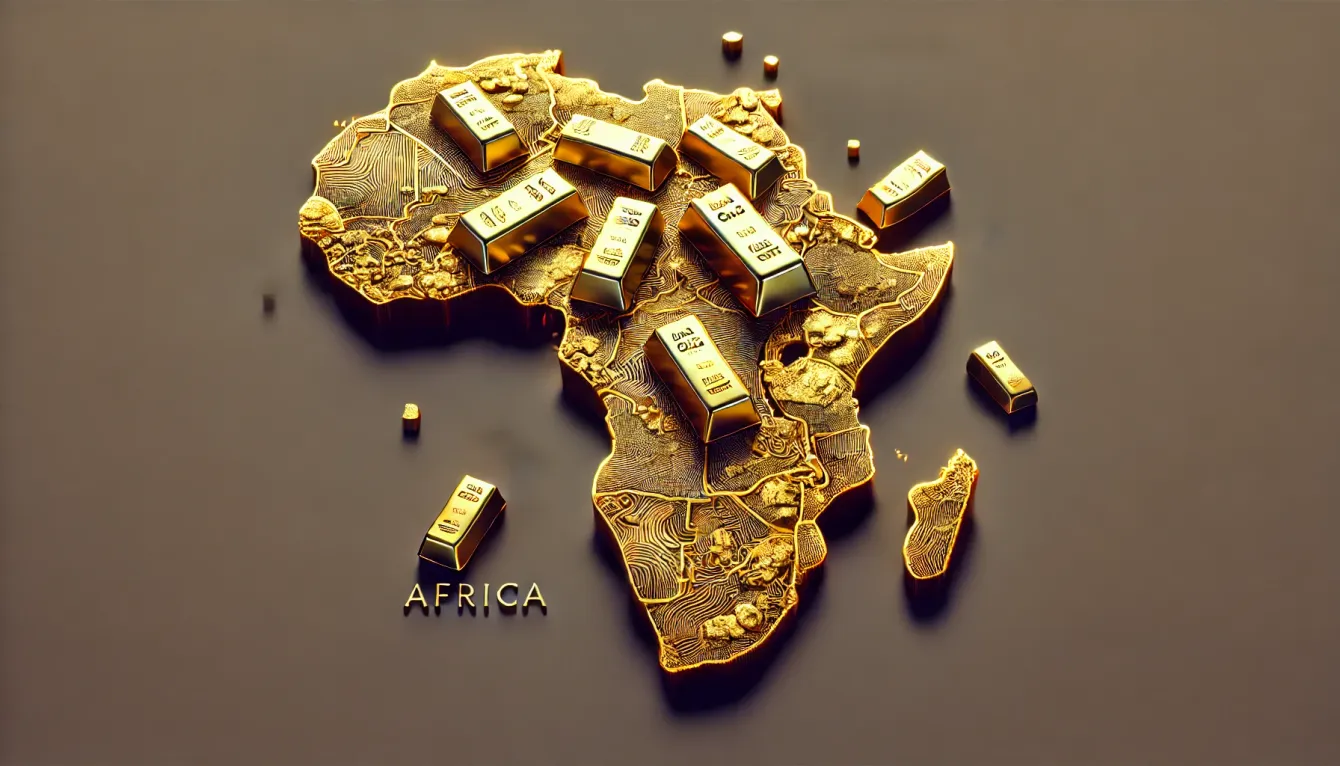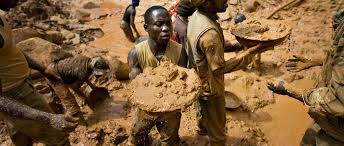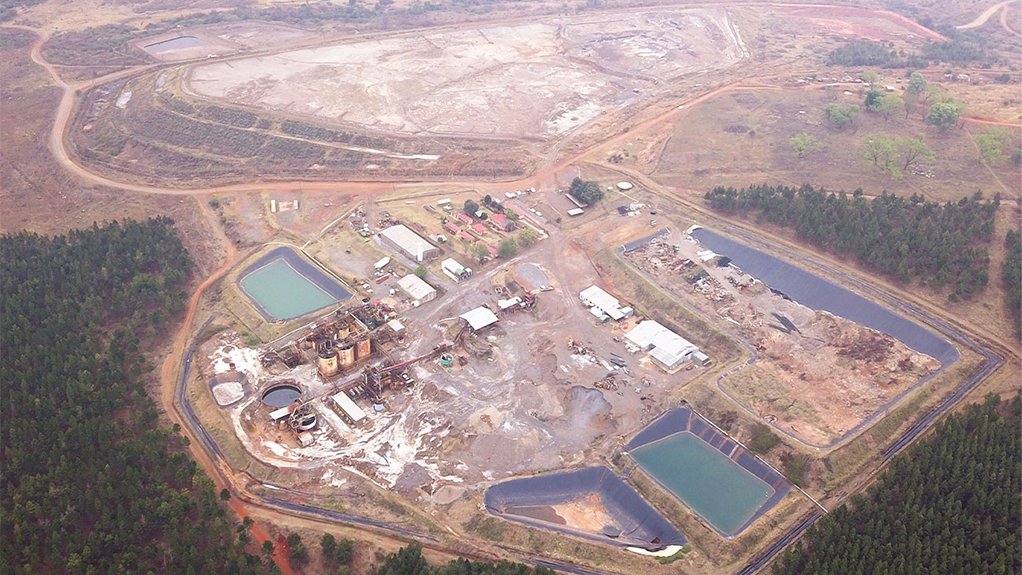Precious Metals

Al-Fashir Under Fire - Blood, Gold and Foreign Actors in the Sudanese Civil War
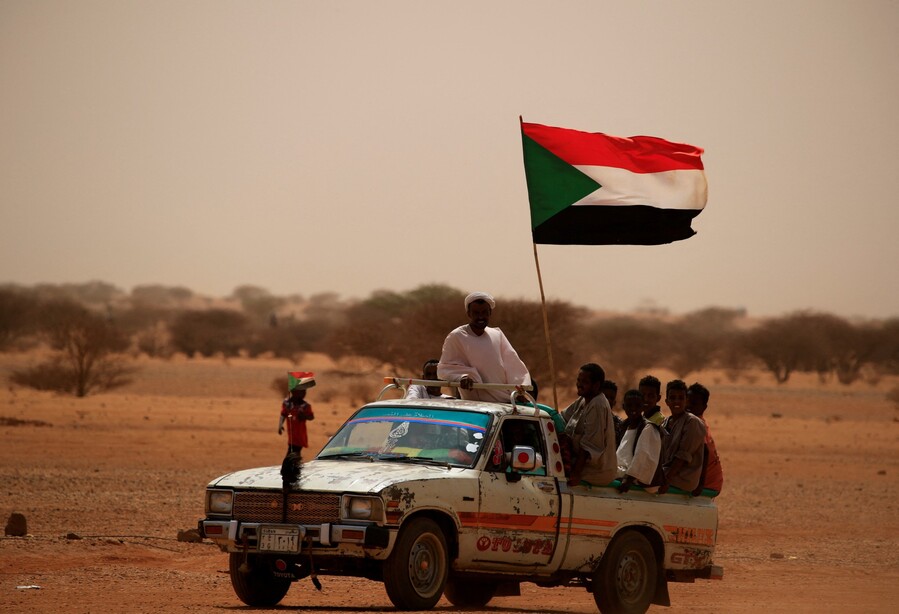
By: Middle east political and economic institutions
On October 30, 2025, the United Nations Under-Secretary-General for Humanitarian Affairs, Tom Fletcher, delivered a stark assessment of the deteriorating situation in Al-Fashir. He reported that “women and girls are being raped, people [are] being mutilated and killed – with utter impunity,” and emphasized the gravity of the crisis with the remark “Blood on the sand. Blood on the hands.” His statement coincided with the advance of the Rapid Support Forces militia to seize control of North Darfur’s capital city. The city represented the final stronghold of the Sudanese Armed Forces in a region of strategic importance to the RSF, as control over North Darfur provides access to key supply routes through Libya, Chad, and other neighboring nations, enhancing its military and logistical capabilities.
The conflict is at least partially sustained by competition over natural resources, particularly gold. A March 2025 report indicated that all parties to the conflict sought to expand their control over gold reserves to generate revenue and finance arms procurement. This struggle underscores a longstanding regional divide in gold exploitation within Sudan. The Sudanese Armed Forces predominantly controlled production in eastern and central states, whereas the RSF oversaw extraction activities in Darfur. This economic dimension is critical, especially since Sudan lost significant oil wealth following the secession of South Sudan in 2011, which resulted in the loss of approximately 75% of its oil reserves.
The wider landscape of the conflict includes a reshuffling of the Middle East and North Africa geopolitical landscape, where traditional and emerging powers project influence. The international relations impasse is gaining pace, with an unclear perspective on peace as a priority, as reflected by the geopolitical moves undertaken by the United States, the Russian Federation, and China. This study examines the fighting in Al-Fashir and the reported violations of international law from both an international legal and United Nations perspective, while also reviewing the underlying “gold conflict” and the involvement of international actors beyond the two principal belligerents.
The analytical framework for understanding this conflict is grounded in the principles of classical realism, which recognizes the anarchic nature of the international system and the persistent struggle for power. Within this lens, the Sudanese civil war is understood as a contest between two primary domestic actors whose capabilities are profoundly shaped by external power projection. Neither side would likely have been able to sustain hostilities at the observed levels without foreign backing. Consequently, the conflict—while domestic in form—is significantly driven by exogenous interests, including the pursuit of specific strategic and economic outcomes such as control over gold supply chains.
The history of the Rapid Support Forces is closely linked to the origins of the Darfur conflict, which began in 2003. The RSF subsequently evolved from militias like the Janjaweed into a paramilitary organization engaged in prolonged violent confrontation. This conflict has been associated with severe humanitarian consequences, including widespread famine. The most recent siege of Al-Fashir by the RSF, which developed over more than sixteen months, resulted in widespread violence and the obstruction of humanitarian assistance. Upon entering the city, the paramilitary group was accused of killing hundreds of patients at a hospital, with the Sudan Doctors Network characterizing the situation as “a true genocide.”
The RSF’s endurance is partly financed by its control over gold resources. The group’s leader, Mohamed Hamdan Dagalo, or Hemedti, established a complex network of loyalty reinforced by his family’s extensive economic influence. By 2018, a company owned by his family was reportedly exporting gold bars to the United Arab Emirates, circumventing oversight by Sudan’s central bank. The ongoing conflict is closely linked to the struggle for control over the gold industry, which has repeatedly undermined state authority. Multiple sources report that much Sudanese gold reaches the UAE via third-party countries that obscure its origin.
The conflict displays characteristics of a proxy war, fueled by smuggled weapons often paid for with gold. Actors including Arab Gulf states, Egypt, Türkiye, Iran, and Israel project influence in Sudan. The United Arab Emirates is prominently mentioned in numerous reports as a supporter of the RSF, while Russia has been linked to the gold trade through entities like the Wagner Group. Despite initiatives like the “Quad” mediation format, international diplomacy has produced no decisive outcomes. The only tentative measures have been limited and fragile humanitarian ceasefires, raising questions about the international community's capacity to address the crisis.
In conclusion, the takeover of Al-Fashir and the escalating violence in Sudan are closely linked to and driven by competition over gold and political power. The conflict raises critical questions about the international system's ability to maintain peace. As global military expenditure rises and great power competition intensifies, the conditions for a sustainable peace in Sudan appear to be diminishing. The era of secretive, resource-fueled conflicts challenges the post-World War II achievements in global governance, underscoring the imperative for immediate and decisive international action to contain the violence and address its root causes.





